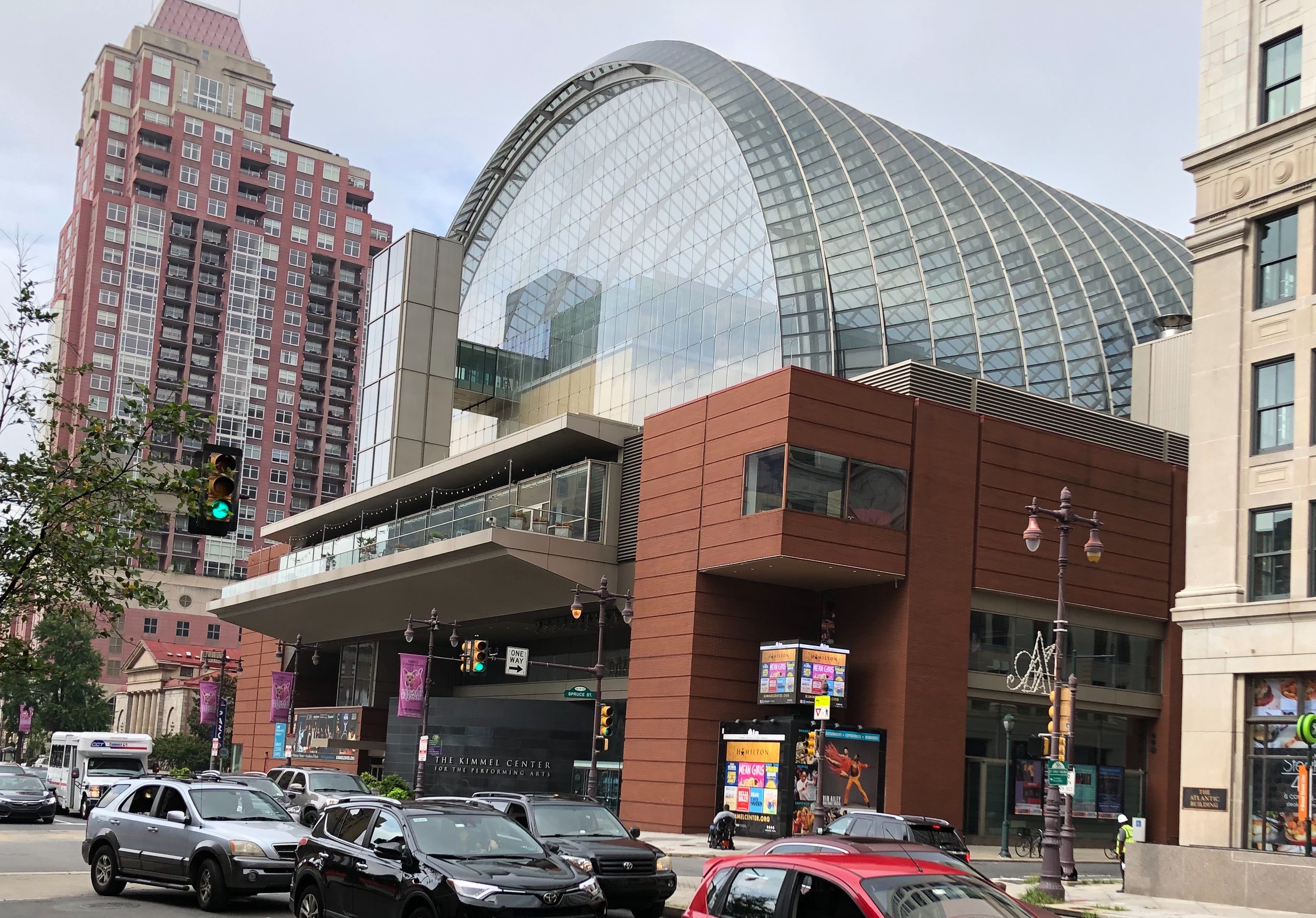My plan for a tax-free home
Pop Quiz: Is gentrification a good thing or a bad thing?
In this Inquirer story about gentrifcation, it is telling that the headline writer and the author seem to believe that the “conventional wisdom” about gentrification is negative.
Is that your wisdom?
Here’s a fairly neutral dictionary definition:
—noun
the buying and renovation of houses and stores in deteriorated urban neighborhoods by upper- or middle-income families or individuals, thus improving property values but often displacing low-income families and small businesses.
I would substitute “developers” for “families,” but that’s minor.
Another word for gentrification is renewal, the rebirth of a neighborhood that is sliding into the storm sewer. Hate to be harsh, but developers look for neighborhoods in decline. Why? Because they are mean?
No, because property values are low. Healthy neighborhoods don’t have vacant properties and homes that are almost collapsing.
Is there a downside to neighborhood redevelopment? There certainly is.
There is a decades-old line that says, “urban renewal is Negro removal.” (The line is so old, the word “Negro” was used.)
Blacks certainly were not the only low-income people forced to vacate, but they were a major hurters in it.
The Inquirer reports that residents of West Philadelphia’s Arvilla apartments were forced out when the building owner decided to sell.
So they were victims of developers, the poor people. But so were the well-off people who were ordered out of the luxury, Parkway-situated Windsor when owners decided to sell.
Was “gentrification” bad when it ended a dive bar at the corner of Broad & Spruce, plus a block of rowhouses, and replaced them with the Kimmel Center?

If cities don’t rebuild, they die. Healthy cities have the ability to regenerate — look at South Street from river to river. It has moved from a basket case to a show place. (Absent marauding teens, of course.)
The Inquirer cites a study that says the more poor and less educated renters did not wind up appreciably worse after they. were forced to move.
It is harder for owners. If they own a rowhouse in Point Breeze, for example, the scene of furious development, and they stay, they face constantly rising real estate taxes, which might eventually force them out. That’s not fair.
And that’s why Philadelphia has the LOOP program that holds down the amount taxes can slam long-time owners.
Even though rates are locked, home owners still have to pay something and that could be challenging.
I have an idea that mimics reverse mortgage deals that are offered by the private sector.
How about if the city waives taxes completely on the property, on condition the property transfers to the city upon the death of the owner?
The city then sells the property and reclaims the waived taxes — and much more.
The homeowner gets to live in the home, but eventually the taxpayers get the property and make a profit on it.
What’s wrong with that?



